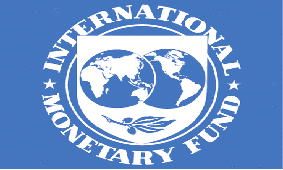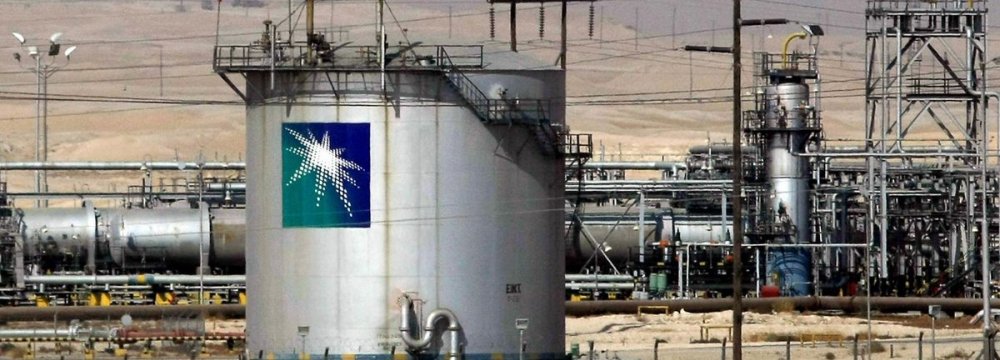
IMF: South Arabia Needs $80-85 Oil to Balance 2019 Budget


Saudi Arabia’s officials, including Energy Minister Khalid al-Falih, do not discuss publicly ‘targeted oil prices’ or a desired level of oil prices that would be comfortable to the kingdom’s finances, but analysts and the IMF have estimates what oil price level would be enough to cover Saudi Arabia’s budget spending.
For this year, “if you take the (2019) budget as presented with everything remaining equal, a breakeven point would be around $80-85,” Azour said.
The oil price slump in the fourth quarter of 2018 has certainly affected the public finances of the biggest oil exporting nations, including OPEC’s biggest, Saudi Arabia.
Although Azour does not see the price slump affecting the kingdom’s ability to finance itself, he expects that those lower prices would weigh on the fiscal position of Saudi Arabia.
For this year, the kingdom announced its highest-ever budget, of around $295 billion. This breaks the previous record set in 2018, with budget spending at $261 billion and it might spark concerns about the economy’s sustainability as the increase for 2019 includes a hefty bill for cost-of-living allowances introduced last year.


Newmont nets $100M payment related Akyem mine sale

First Quantum scores $1B streaming deal with Royal Gold

Caterpillar sees US tariff hit of up to $1.5 billion this year

Gold price rebounds nearly 2% on US payrolls data

Copper price collapses by 20% as US excludes refined metal from tariffs

St Augustine PFS confirms ‘world-class’ potential of Kingking project with $4.2B value

B2Gold gets Mali nod to start underground mining at Fekola

Goldman told clients to go long copper a day before price plunge

Copper price posts second weekly drop after Trump’s tariff surprise

Codelco seeks restart at Chilean copper mine after collapse

US slaps tariffs on 1-kg, 100-oz gold bars: Financial Times

BHP, Vale offer $1.4 billion settlement in UK lawsuit over Brazil dam disaster, FT reports

NextSource soars on Mitsubishi Chemical offtake deal

Copper price slips as unwinding of tariff trade boosts LME stockpiles

SAIL Bhilai Steel relies on Danieli proprietary technology to expand plate mill portfolio to higher steel grades

Alba Discloses its Financial Results for the Second Quarter and H1 of 2025

Australia weighs price floor for critical minerals, boosting rare earth miners

Australia pledges $87M to rescue Trafigura’s Nyrstar smelters in critical minerals push

Fresnillo lifts gold forecast on strong first-half surge

US slaps tariffs on 1-kg, 100-oz gold bars: Financial Times

BHP, Vale offer $1.4 billion settlement in UK lawsuit over Brazil dam disaster, FT reports

NextSource soars on Mitsubishi Chemical offtake deal

Copper price slips as unwinding of tariff trade boosts LME stockpiles

SAIL Bhilai Steel relies on Danieli proprietary technology to expand plate mill portfolio to higher steel grades

Alba Discloses its Financial Results for the Second Quarter and H1 of 2025

Australia weighs price floor for critical minerals, boosting rare earth miners

Australia pledges $87M to rescue Trafigura’s Nyrstar smelters in critical minerals push

Fresnillo lifts gold forecast on strong first-half surge














